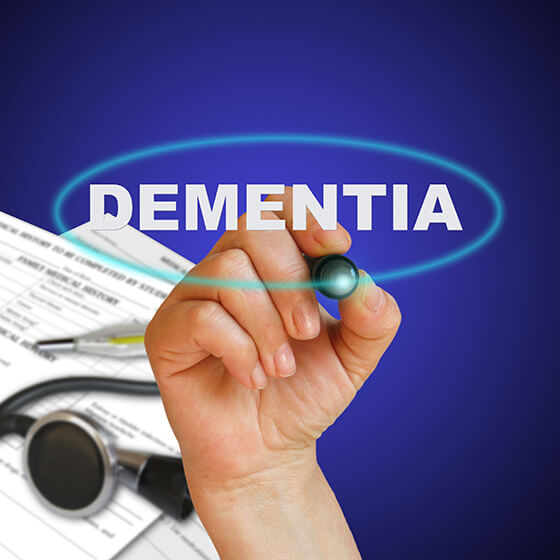Life can be over-stimulating and stressful at times, especially for people with dementia. This can lead to difficulty navigating the world, especially during challenging times. It is valuable to understand the common triggers which lead to behavioral issues to avoid the triggers or prepare for them in advance. Note that these behavioral issues are not stemming from any type of ill will or maliciousness, they stem from their brain trying to make sense of the world around them and their self-dysregulation because of their dementia condition.
Common Behaviours when Triggered for People with Dementia
- Mood swings
- Abusive behaviour
- Depression
- Aggression
- Agitation
- Repetitive actions
- Paranoia
- Sleep disturbances
These common behaviours, associated to people with dementia, manifest when they have been triggered by a physiological or environmental change. This agitation is caused by their mental dysregulation and inability to cope appropriately due to their condition.
Physiological Triggers
Physiological triggers affect their body and their inability to cope with physical pain or discomfort can lead to negative behaviour. This means that their physical pain also leads to psychological distress as they are usually unable to express their feelings of pain. At times, they can be an unreliable narrator and thus give inaccurate information which makes it difficult to treat and connect with them. Some triggers include:
- Medical conditions
- Chronic pain
- Medication side effects
- Aches and pains: including headaches, dental aches, and earaches.
Environmental Triggers
As dementia progresses it makes it increasingly difficult to process and navigate their surroundings, even surroundings they have lived in for years, as well as their interpersonal relationships, even with people they have known their whole lives. This means that when things change, whether it is items, places, or people, it can be incredibly disorientating for someone with dementia. Environment triggers to consider include:
- Unfamiliar people in their space
- Understimulation due to too little activity
- Overstimulating due to too much activity
- Lack of routine and difficult orientation
- Sensory issues:
-
- Light is too bright or too dark.
- Noises are too loud or confusing.
- The temperature is too hot or too cold.
- Physical discomfort from itchy or tight clothes
It may be challenging to identify what is agitating your loved one with dementia, so you need to act like a detective and look for clues. Take notes about times, dates, and surroundings when your loved one is showing agitation. Focus on what they say as well as what they are focusing on. They may not be able to verbally tell you the issue but if they are focusing on a mirror and are agitated you may be able to piece together that the mirror is disconcerting to them. Another asset can be hiring a personal support worker as they will be experts in identifying and addressing triggers for people with dementia. A personal support worker will be bringing their expertise and will be able to offer valuable insight into the situation. As well, they will be able to address the trigger and plan to avoid it in the future. Working with your personal support worker as well as your home care provider can assist in addressing the triggers to create a peaceful home for you and your elderly loved one.
We also recommend you check these related posts in our Home Care Services blog:

